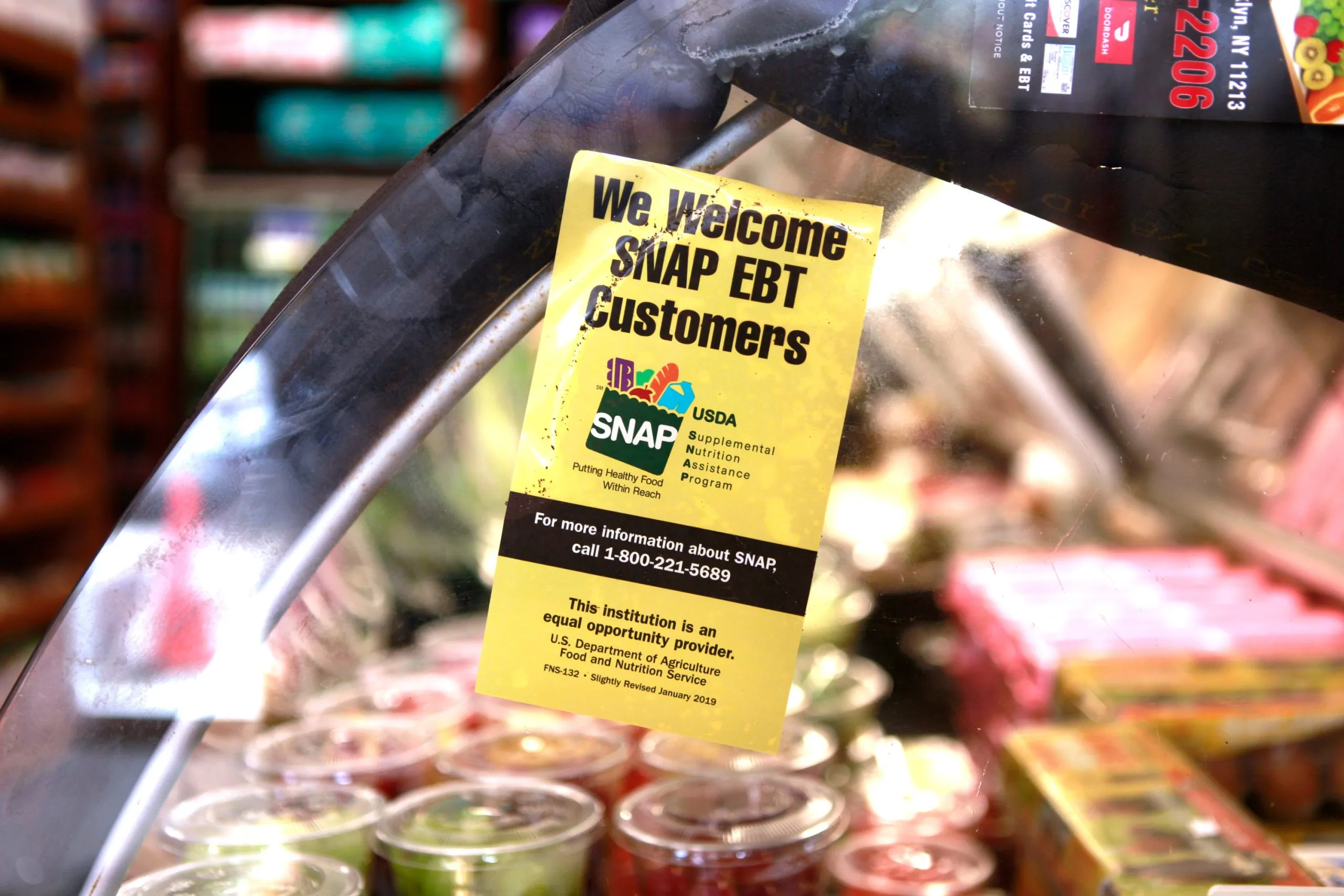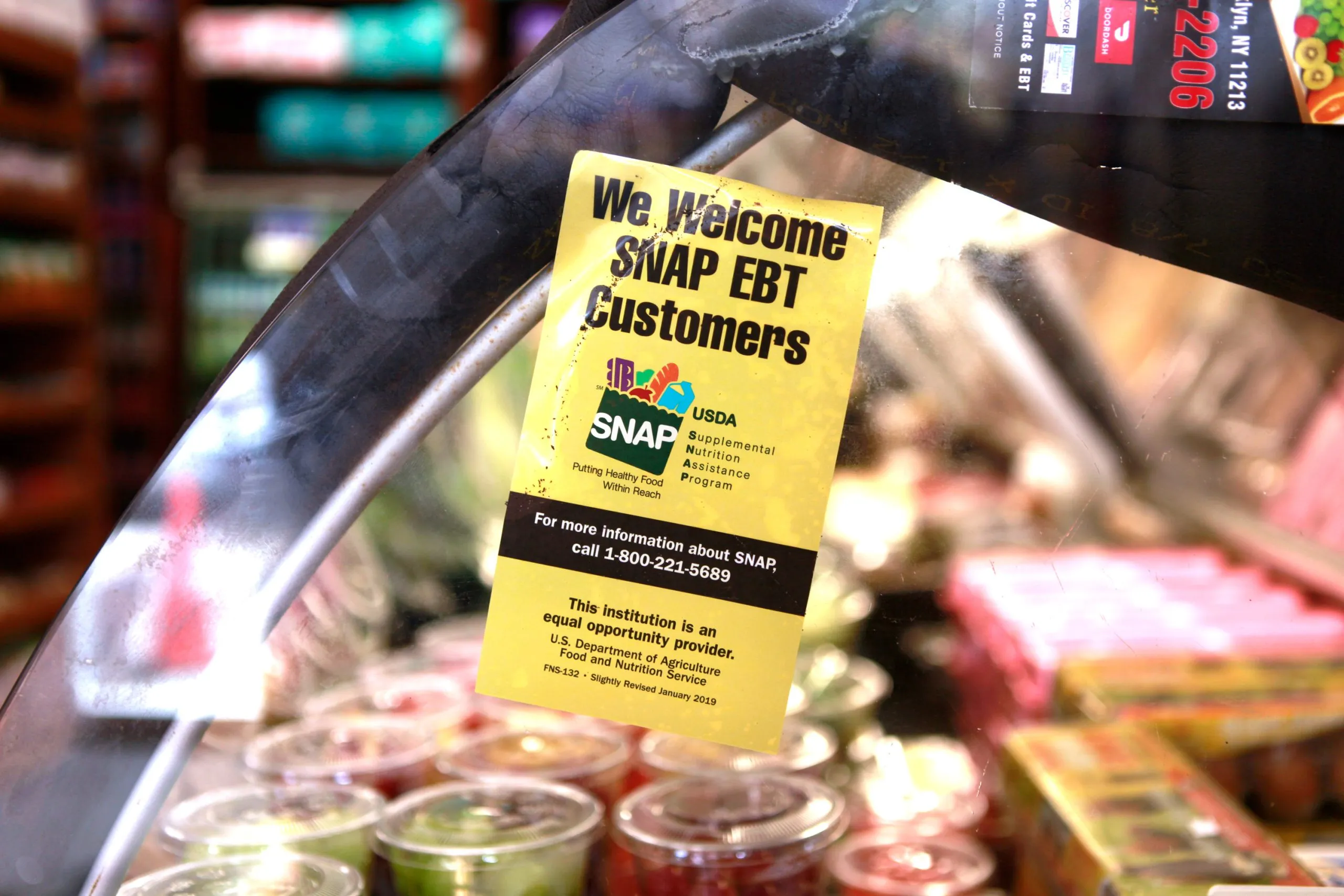Addressing Food Insecurity in NYC: SNAP and Summer EBT Programs Support 1.8 Million Residents
Combatting Food Insecurity: NYC Initiatives and Outreach Efforts Aim to Assist Vulnerable Populations
In New York City one in four residents has faced food insecurity in the past year underscoring a significant challenge in accessing adequate nutrition, according to the published article of Documented. The Supplemental Nutrition Assistance Program (SNAP) which supports 1.8 million Americans in the city plays a pivotal role in providing essential food assistance. This summer New York is introducing the Summer EBT program to bolster support for low-income families with school-age children during the break from school meals. Despite the critical need stigma often prevents eligible individuals from applying for benefits prompting efforts to streamline the SNAP application process and raise awareness about available food assistance programs through education and outreach initiatives.
To address this barrier resources and guides are available to streamline the SNAP application process and inform New Yorkers about other food assistance programs. By simplifying access and dispelling misconceptions advocates hope to ensure that all those in need can access the support they deserve. As efforts continue to combat food insecurity in the city education and outreach remain crucial to ensuring that eligible individuals can navigate the system and receive the necessary assistance to maintain their well-being.
READ ALSO: 50/30/20 Budgeting Strategy: Adapting to Economic Challenges for Financial Stability

SNAP and Summer EBT Programs in NYC: Tackling Food Insecurity with Education and Support
Furthermore, efforts to support food-insecure New Yorkers extend beyond SNAP benefits and include various additional food assistance programs tailored to meet specific needs. The Summer EBT program newly introduced in New York City this year exemplifies ongoing initiatives to address seasonal gaps in access to nutritious meals particularly for families with school-age children during vacation periods. This initiative underscores a proactive approach to supplementing existing support systems and ensuring continuous access to essential nutrition. Advocates emphasize the importance of combating the stigma associated with seeking food assistance which often prevents eligible individuals from applying for benefits they qualify for. Education campaigns and community outreach play a pivotal role in raising awareness about available programs encouraging more New Yorkers to access the help they need without hesitation.
